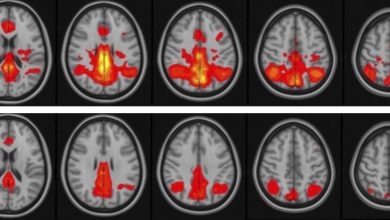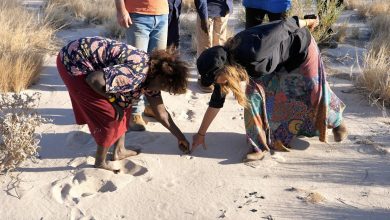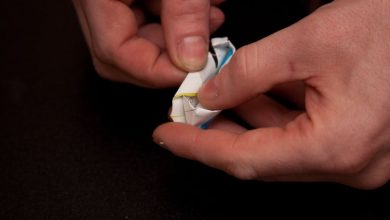what do schools and teachers think of AI in classrooms?

مجلة المذنب نت متابعات عالمية:
It’s almost two years since ChatGPT burst onto the scene in late 2022. Since then, educators worldwide have been grappling with what generative artificial intelligence might mean for classrooms and learning.
ChatGPT has been met with both anxiety and a sense of optimism. While there has been a lot of discussion about what is happening in universities, there has been less attention given to schools.
We have been looking at trials of AI in schools in South Australia. Here’s what we found.
What has happened so far in Australia?
Most Australian states initially banned ChatGPT and other generative AI tools in government schools (many private schools have been using the technology).
In a different approach, the SA government began a trial of AI in schools in 2023 with its own tool, EdChat.
Other jurisdictions have since reconsidered their stance. For example, at the start of 2024, New South Wales began trialling its own AI tool.
In November 2023, the federal government also published a framework for generative AI in schools, which said AI has “great potential” to help teachers and students, and to reduce administrative workloads.
Last month, a federal parliamentary inquiry recommended generative AI in schools should be a “national priority”, finding the benefits of AI outweigh its significant risks and challenges.
Militas/Shutterstock
What happened in South Australia?
EdChat is a generative AI tool owned by the SA Department for Education, which was designed with Microsoft. It can be used in classrooms and at home. According to the department, it has “extra safety features” to protect students’ privacy and stop them accessing inappropriate content.
In the first phase of the trial, EdChat was used in eight SA government high schools for eight weeks. In the second phase, a further eight schools were included.
We have been evaluating the trial using survey data from about 90 teachers and 700 students. A journal article on this work is currently under review. In this article, we speak about our results from teachers.
‘It reduces time pressure’
Teachers told us they felt safer using EdChat than other tools such as ChatGPT, because student data is not being used to train generative AI models.
However, teachers still wanted to know more about how the student data is stored and who can access EdChat records.
Teachers also reported significant benefits of the tool. They said it helped save time developing lesson plans and learning materials – allowing for more time with students in the classroom.
One teacher told us how the tool had been adopted by the class.
We nicknamed it Eddy as a class and Eddy is now embedded as part of our class culture.
Teachers also used EdChat to provide personalised learning activities to students and “reduce time pressure and brain power required to create [teaching examples] and plan fun activities”. EdChat also allowed students to get personalised feedback or support when teachers were not around.

Iarisa Stefanjuk/Shutterstock
‘We need to be careful’
Teachers noted issues with hallucinations (when the AI comes up with nonsense) and incorrect information. This means students need to have the skills to recognise this.
As one teacher told us:
I think we need to be careful since students can treat AI like how they treat anything on the internet, without any critical thinking and taking it at face value.
They also said students need to learn to write better prompts and develop their critical thinking skills for working with AI.
They said content filters could also be challenging. While designed to keep students safe, they sometimes interfered with learning, especially for sensitive topics such as history, reproductive health or politics. For example, one history teacher said the “censorship was difficult to get around”.
Teachers also said it was more difficult to work out whether students’ work was plagiarised or not.
What happens now?
The SA government is looking at ways to expand the use of EdChat in schools.
Our research suggests we need to do more work in several areas.
The first is specific education for students around how to use AI critically and effectively.
We also need more research now about how AI is being used in different schools. There are no large-scale studies yet in Australia but there is growing evidence from other parts of the world, such as
Estonia, the United States and United Kingdom, which show AI is significantly changing the way teachers are teaching. This includes spending more time on students’ critical thinking skills and using AI to generate ideas.
We also need to make sure all students can gain access to AI (not just those who can afford the technology) and that the AI itself it not biased against minorities.
Meanwhile, teachers need more support and professional development, and schools need help to plan and make changes. This includes a wider community awareness of the profound effects these new technologies are having and will have on the teaching profession and student learning.
نشكركم على قراءة المنشور عبر مجلة المذنب نت, المتخصصة في التداول والعملات الرقمية والمشفرة















